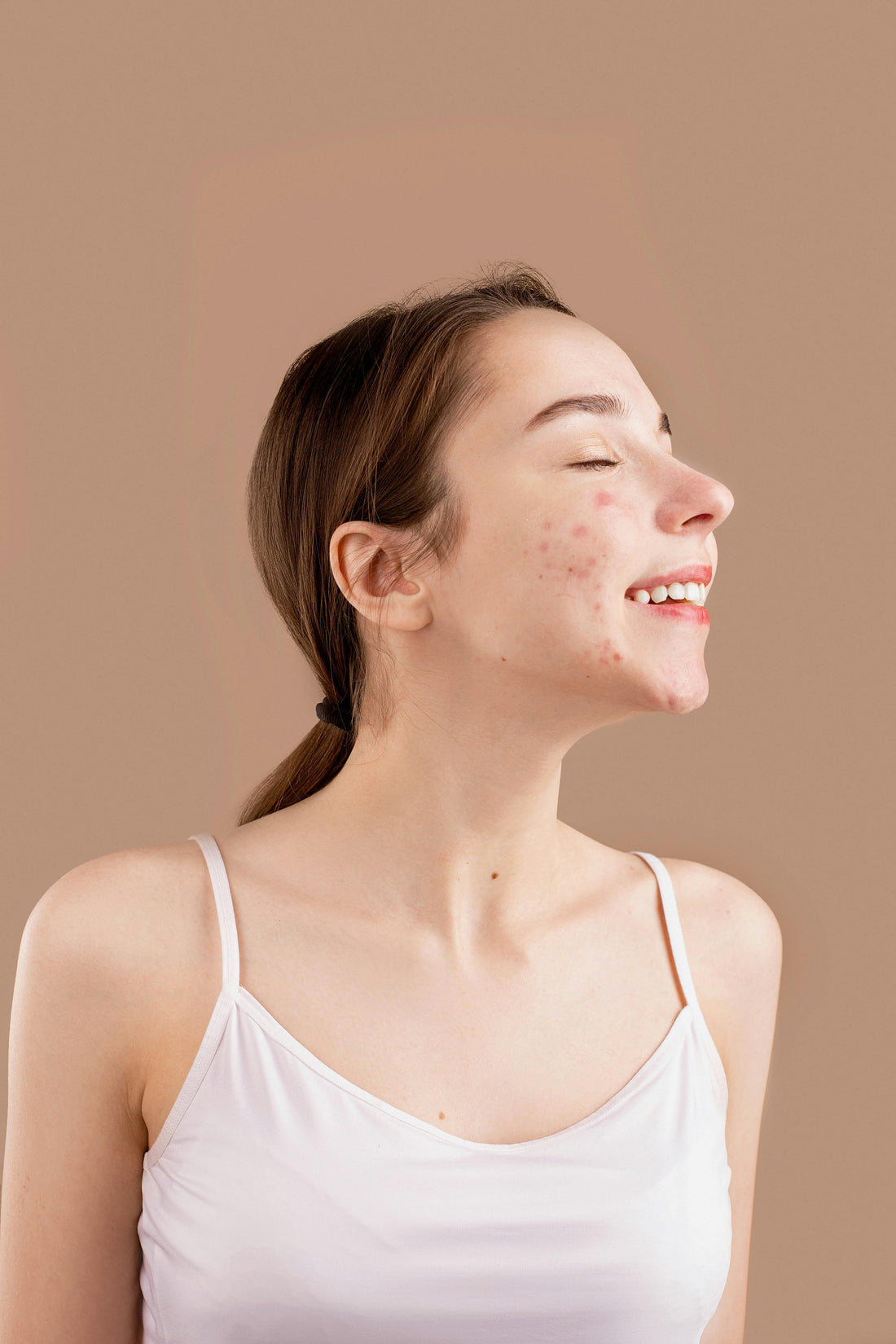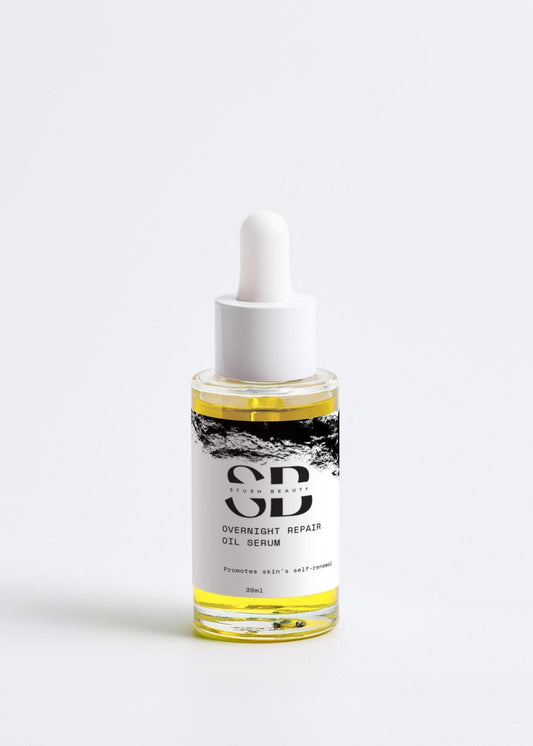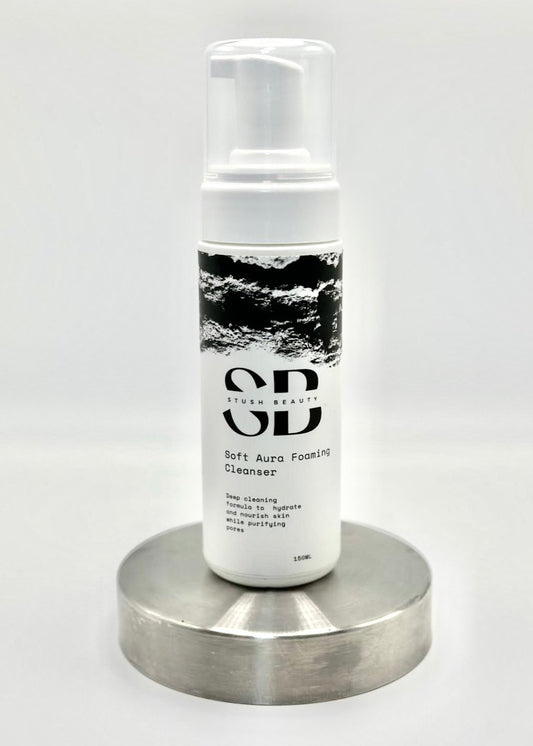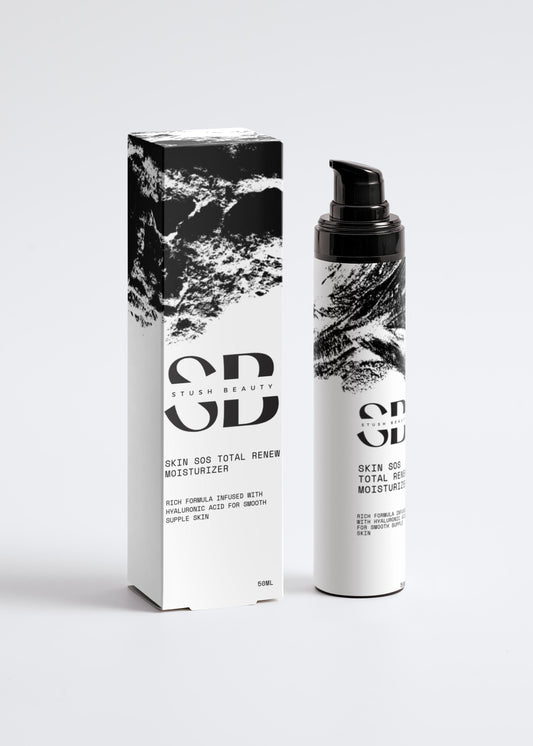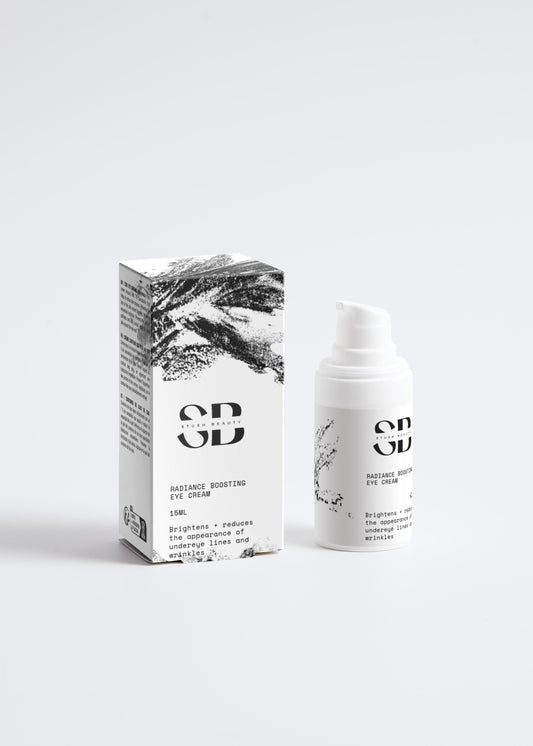Acne: it's a word that can send shudders down the spine of anyone who has ever dealt with it. From pesky pimples to stubborn cysts, acne can be a source of frustration, embarrassment, and even pain for many people. But what exactly causes this common skin condition?
Acne is a multifactorial condition, meaning it doesn't have one single cause but rather arises from a combination of factors. Understanding these factors is key to effectively managing and treating acne.
1. Hormonal Changes: One of the primary culprits behind acne is hormonal fluctuations, particularly during puberty. Increased levels of androgens, the male hormones present in both males and females, can lead to the overproduction of sebum, the oily substance that lubricates the skin. This excess sebum, along with dead skin cells, can clog pores and create an ideal environment for acne-causing bacteria to thrive.
2. Genetics: If your parents or siblings struggled with acne, there's a good chance you might too. Genetics play a significant role in determining an individual's susceptibility to acne. Certain genetic variations can influence factors such as sebum production, inflammation, and how efficiently the skin sheds dead cells, all of which contribute to the development of acne.
3. Dietary Factors: While the link between diet and acne is still a subject of debate among researchers, some studies suggest that certain foods may exacerbate acne in some individuals. High-glycemic-index foods, such as sugary snacks and refined carbohydrates, as well as dairy products, have been implicated in worsening acne symptoms in some people. However, more research is needed to fully understand the impact of diet on acne.
4. Stress: It's no secret that stress can wreak havoc on our bodies, and our skin is no exception. When we're stressed, our bodies produce more cortisol, a hormone that can stimulate the production of sebum and trigger inflammation, both of which can contribute to acne flare-ups.
5. Environmental Factors: External factors such as pollution, humidity, and exposure to certain chemicals or irritants can also play a role in acne development. These environmental factors can exacerbate inflammation and clog pores, making acne worse, particularly for individuals with sensitive or reactive skin.
6. Skincare and Cosmetics: Using comedogenic or pore-clogging skincare products or cosmetics can contribute to the formation of acne lesions. It's essential to choose non-comedogenic products that won't block pores and to practice good skincare hygiene to prevent acne breakouts.
While acne can be frustrating to deal with, it's essential to remember that effective treatments are available. From over-the-counter topical treatments to prescription medications and procedures, there are options to help manage and reduce acne symptoms. Additionally, adopting a consistent skincare routine, maintaining a healthy diet, managing stress, and avoiding pore-clogging products can all contribute to clearer, healthier skin.
Acne is a complex skin condition with multiple contributing factors, including hormonal changes, genetics, diet, stress, environmental factors, and skincare habits. By understanding these factors and implementing appropriate management strategies, individuals can take control of their acne and achieve clearer, more radiant skin.
